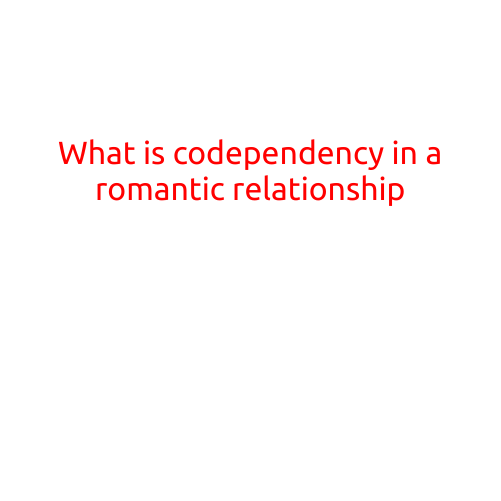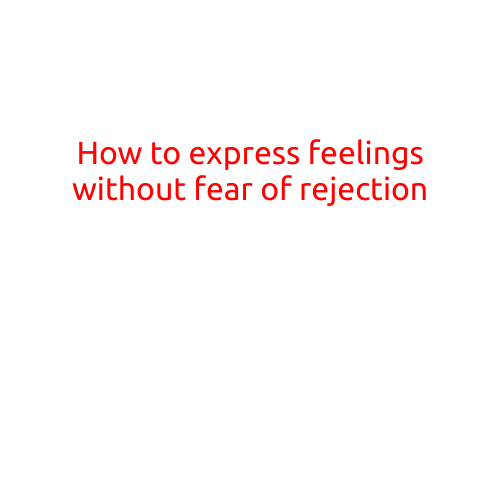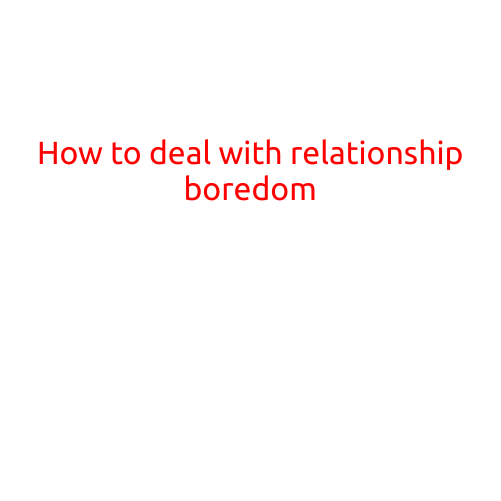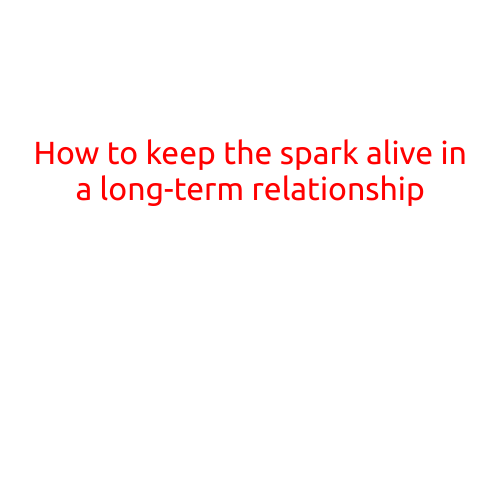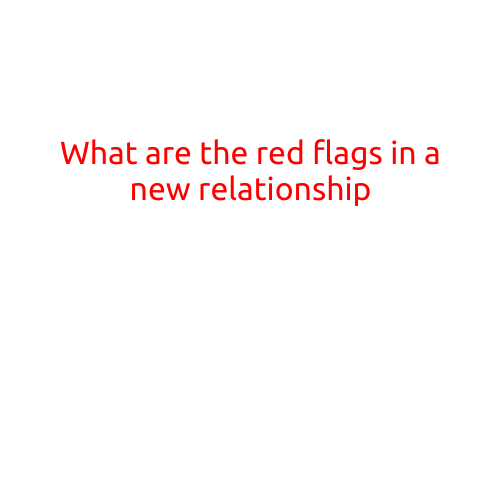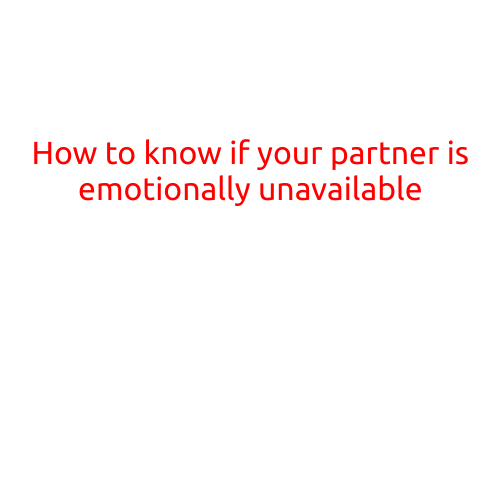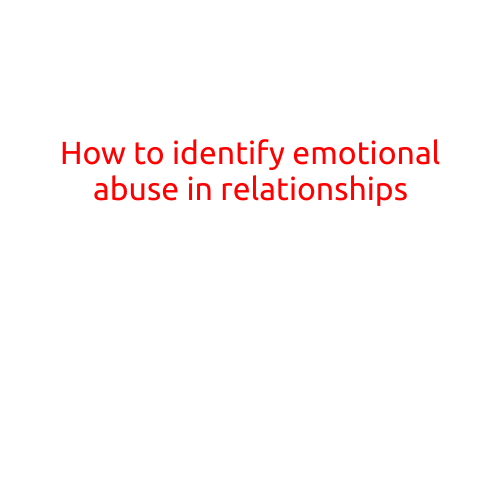
How to Identify Emotional Abuse in Relationships
Emotional abuse is a common yet often hidden form of abuse that can have long-lasting and devastating effects on its victims. It can manifest in various ways, from subtle manipulation and gaslighting to intense and overt criticism and belittling. Identifying emotional abuse in relationships is crucial to escape the toxic cycle and prioritize one’s well-being.
Signs of Emotional Abuse
Here are some common signs of emotional abuse in relationships:
- Constant Criticism and Belittling: Your partner constantly criticizes, undermines, or belittles you, making you feel bad about yourself, your achievements, or your appearance.
- Gaslighting: Your partner makes you question your perceptions, memory, or sanity, denying or distorting facts, and manipulating the truth.
- Emotional Blackmail: Your partner uses guilt, anger, or self-pity to manipulate you into doing what they want, making you feel responsible for their emotions.
- Isolation: Your partner limits your contact with friends and family, cuts you off from social networks, or prevents you from pursuing hobbies and interests.
- Minimizing and Blaming: Your partner downplays the severity of their behavior, blaming you for the problems, or deflecting responsibility.
- Fear and Anxiety: You feel anxious, scared, or on edge around your partner, always worried about their reaction or afraid of punishment.
- Loss of Autonomy: Your partner controls your daily activities, routines, or even aspects of your life, making you feel like a child again.
- Unpredictability: Your partner’s behavior is unpredictable, making you feel like you’re walking on eggshells, never knowing what will trigger their next outburst or mood swing.
- Denial: Your partner denies or minimizes the abuse, blame-shifting or gaslighting you into doubting your own feelings and perceptions.
- Intimidation: Your partner uses physical, verbal, or emotional threats to control you, making you feel vulnerable and powerless.
Recognizing the Tactics
Emotional abuse can be subtle, making it challenging to recognize. Pay attention to these common tactics:
- Playing the Victim: Your partner claims they’re the victim, making you feel guilty for not being understanding or supportive enough.
- Projection: Your partner accuses you of the same behavior they exhibit, deflecting attention from their own flaws.
- Love Bombing: Your partner showers you with exaggerated displays of affection, only to withdraw it later, causing feelings of uncertainty and instability.
- Gaslighting Through Technology: Your partner monitors your phone, computer, or social media, tracking your every move, and using it to control and manipulate you.
- Using Children as Pawns: Your partner uses your shared children as leverage to control and manipulate you, making you feel guilty for not conforming to their expectations.
Escaping Emotional Abuse
If you’ve identified emotional abuse in your relationship, it’s essential to prioritize your well-being and seek help:
- Seek Support: Talk to friends, family, or a therapist about your experiences, and seek guidance on how to cope with emotional abuse.
- Create a Safety Plan: Make a plan with a trusted friend or family member for emergency situations, and have a backup plan for getting out of the relationship.
- Stay Occupied: Engage in activities that bring you joy, distract yourself from the constant negativity, and build confidence outside of the toxic relationship.
- Practice Self-Care: Focus on your physical and emotional well-being by engaging in self-care activities, like exercise, meditation, or creative pursuits.
Breaking Free
Remember that escaping emotional abuse is a process that requires patience, courage, and support. You deserve a healthy, loving relationship where you feel respected, valued, and safe. By recognizing the signs of emotional abuse and seeking help, you can break free from the toxic cycle and embark on a journey of healing and empowerment.
